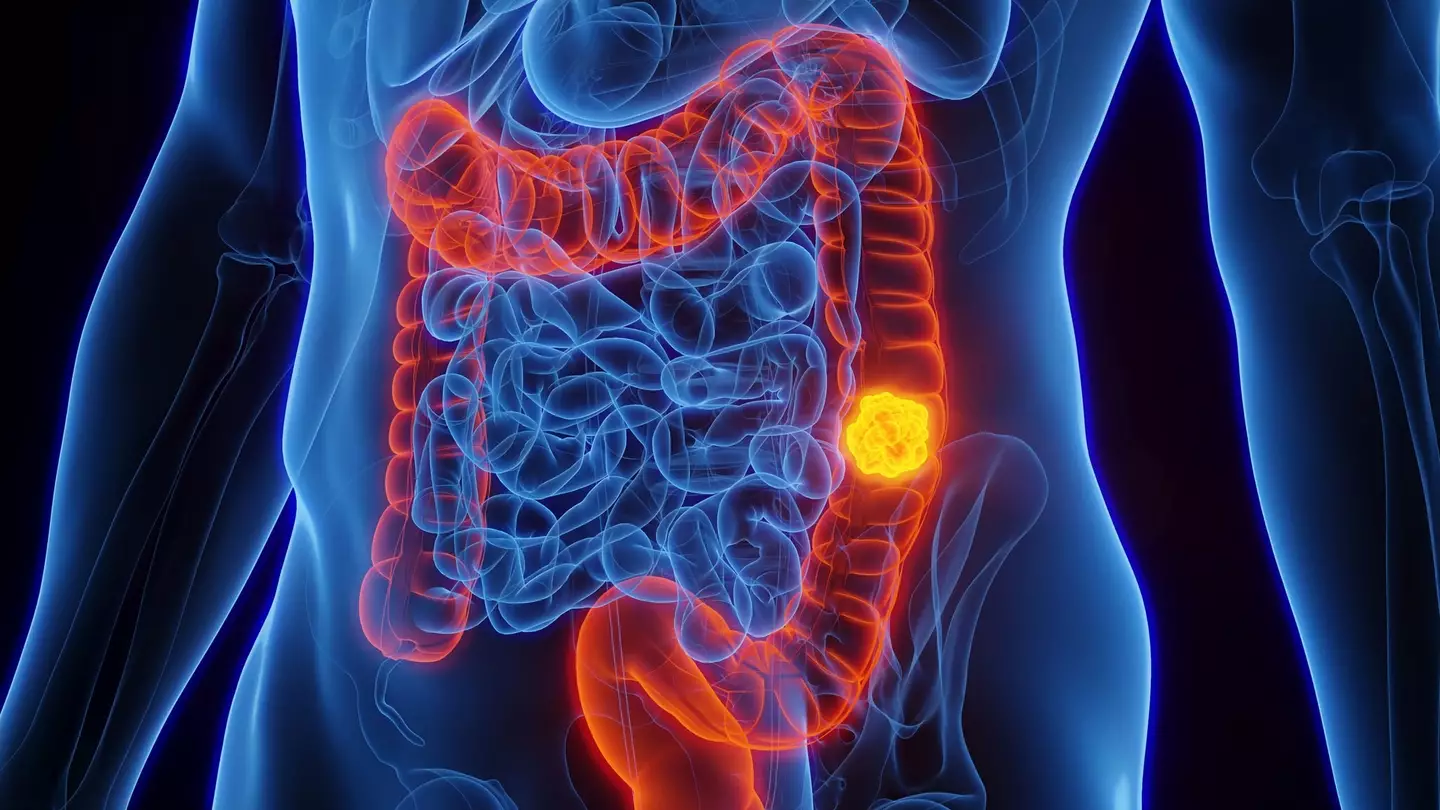A particular type of cancer is increasingly affecting younger people in the UK, and experts are shedding light on the reasons behind this concerning trend.
It’s crucial to seek medical advice if you suspect your health is declining. But what happens when the issue involves a cancer that’s hard to detect?
With new research from The Lancet revealing recent data on this growing health challenge, it’s time to reevaluate our habits to reduce the risks.
The study highlights a worrying rise in early-onset colorectal cancer among younger populations, with under-50s particularly affected.

Colorectal cancer on the rise: What does the study say?
According to the findings, colorectal cancer rates are increasing in 27 out of the 50 countries studied. In 20 of these nations, the rise is either specific to younger adults or happening faster in younger people compared to older adults.
The steepest increases in early-onset cases were observed in Chile (4%), New Zealand (just under 4%), Puerto Rico (3.8%), and England (3.6%).
Other countries, including Canada and Germany, have also seen a similar rise in cases.
The study stresses the need for urgent action: “Intensified efforts are required to identify the factors driving these trends and to increase awareness to facilitate early detection.”

What’s driving the increase in colorectal cancer?
Researchers from the American Cancer Society, who led the study, point to the Western diet as a major factor.
The spread of ultra-processed foods, often promoted by expanding junk food companies, is contributing to this rise, particularly in economically disadvantaged areas. These diets have been linked to numerous serious health risks.
The study underscores the significance of colorectal cancer, describing it as the “third most commonly diagnosed cancer and the second leading cause of cancer death worldwide, responsible for over 1.9 million new cases and nearly 904,000 deaths in 2022.”
While more research is needed to fully understand why colorectal cancer is increasingly affecting younger people, many experts believe dietary habits are a primary cause.

“The rise in early-onset colorectal cancer appeared to originate in Western societies and lifestyles,” explained Dr. Marios Giannakis, an oncologist at the Dana-Farber Gastrointestinal Cancer Center. “What we’re seeing globally now reflects the spread of these lifestyles.”
Lifestyle factors such as smoking and lack of exercise are also contributing to the trend.
“When industrialised environments limit opportunities for physical activity, exercise levels naturally decrease compared to pre-industrial settings where people needed to work and grow their own food,” said study author Hyuna Sung.
Sung added, “Economic development brings built environments and food systems that contribute to these changes, which we believe are partially responsible for the rise in colorectal cancer.”

How can you lower your risk?
Adopting a healthier diet and making positive lifestyle changes are some of the most effective ways to reduce your risk.
“I don’t think there’s a need to panic,” said Sung. “This is an opportunity to learn how we can improve our overall health.
“It’s not just about cancer. Adopting healthier behaviors will also lower your risk of other conditions like hypertension, diabetes, and obesity in the future.”

Symptoms to watch for
The NHS highlights several warning signs of colorectal cancer:
- Changes in bowel habits, such as looser stools or constipation
- Blood in your stool
- Feeling the urge to use the toilet more frequently
- Unexplained weight loss
- Persistent fatigue despite not engaging in strenuous activities
If you experience any of these symptoms for three weeks or longer, it’s important to see a doctor.

